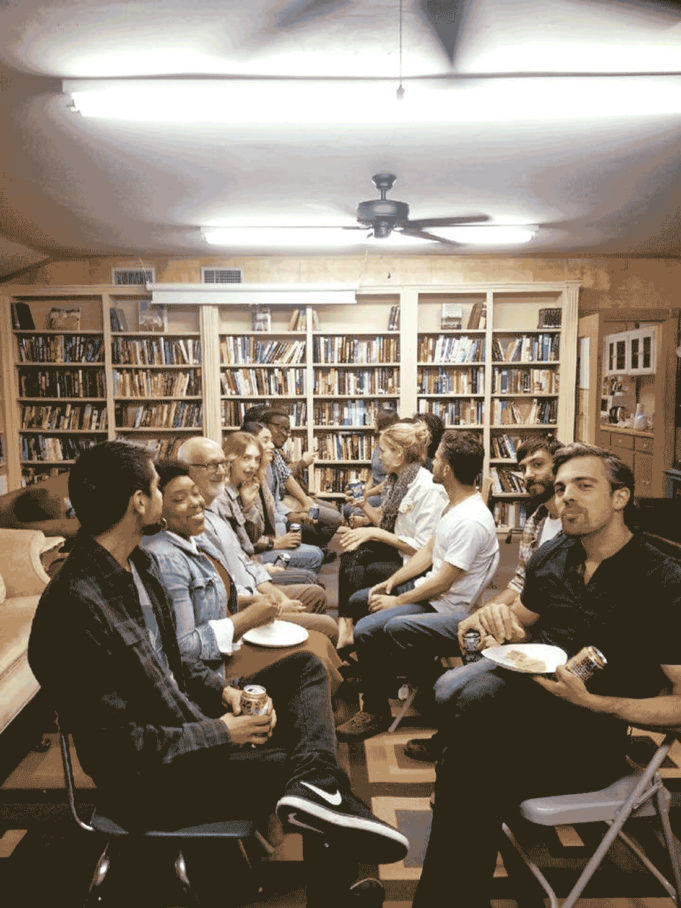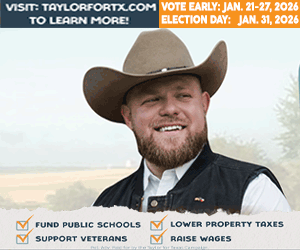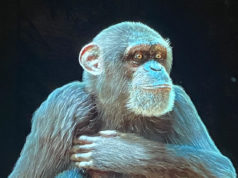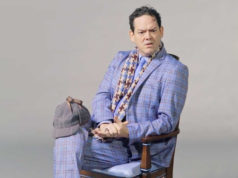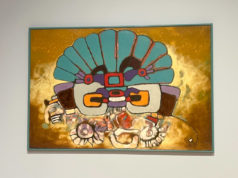Darryl Ratcliff is an award-winning artist, curator, and writer whose work addresses how cultural activities transform communities. He was the inaugural artist-in-residence at Trans.lation Vickery Meadow, a project developed in Dallas’ immigrant- and refugee-dense Vickery Meadow neighborhood by his MacArthur “Genius” Grant-winning mentor, the public artist Rick Lowe. As a founding member of the collective Michelada Think Tank, Ratcliff helps broker difficult conversations about art and social justice through lively and engaging interventions, such as “Cultural Equity Speed Dating” and margarita (or michelada) parties across the country.
Ratcliff has now relocated from Dallas to begin a yearlong social practice residency, a way of immersing himself in Fort Worth culture to be able to create relevant, site-specific social sculpture. With continued frustration over the limited amount of institutional support for the arts and concerns over the state of race relations in the city, dozens of Funkytown visual artists, musicians, performers, writers, and arts advocates have joined him in quietly launching Creating Our Future Fort Worth, an artist-organizing enterprise combining creativity and civic participation.
I recently sat down for a conversation with Ratcliff, over margaritas of course, about social practice, cultural equity, and his work in Fort Worth.
Fort Worth Weekly: Your work doesn’t fall in the realm of object-making, so how would you characterize your practice?
Ratcliff: I identify as an artist and orient myself in the world through social practice and social sculpture. My work as a poet, writer, [and] curator are all extensions of my art.
Weekly: Social practice and social sculpture are still contested in fine art circles. How is what you do art and not activism?
Ratcliff: Social practice, public practice, social sculpture, et cetera are an established genre of visual art. I don’t feel like I have to defend it anymore –– I used to. But at this point, it is something you can get a Master of Fine Arts in at top art schools. All major museums have done shows or commissioned work by social practice artists. All major art publications have written extensively about social practice artists. Smart money is flowing into the practice. It can be activism, and it should be –– my practice often is. There is a desire to create social or political change, yet there are also other desires concerning how you organize people in exciting and innovative ways, how you use communication, and how you waste. It is complex thinking. It is problem solving. It isn’t linear. It isn’t focused on efficiency. It considers aesthetics.
Weekly: Several of your social sculptures revolve around the idea of cultural equity. Why is this so central to your work?
Ratcliff: Living in an inequitable world diminishes both our individual potential and the potential we have as a society. Culture leads the way in dismantling white supremacy, structural racism, patriarchy, et cetera. It is the tip of the spear. So, if our cultural institutions aren’t equitable, all other problems in society will remain. Artists have the capacity to change the world. We have social verticality. We have the ability to change hearts, to change norms, to spread ideas. We have people with the capacity to be geniuses [who] never get a proper chance to fulfill their potential, and at the end of the day, it is our communities that are diminished because of that.
Weekly: Your project, Creating Our Future, has had some measurable outcomes in Dallas, including registering and bussing millennials to vote and successfully advocating for $225,000 in cultural equity grants from the City of Dallas. How will it work in Fort Worth? Do you foresee any specific challenges?
Ratcliff: We are about to begin the think tank process of Creating Our Future Fort Worth, and I am very excited about it. This is where folks will be able to articulate what they want their collective values to be, what their community needs are, and how we translate these into policy solutions. Then we will advocate for these solutions to be implemented by businesses, institutions, and the City. Hopefully, some of these solutions, which will be thought of by the creative community to serve the needs of the creative community, will be adopted and in turn will improve culture and the lives of artists here.
It is too early to say what the specific challenges might be. However, I will say that any process that is serious about changing the status quo will involve discomfort. There will be moments when we will all feel uncomfortable –– and that is a good thing. I expect to be challenged, I expect the community to be challenged, and I expect the existing power structures to be challenged. Yet the opportunity is to lean into that discomfort, to work those muscles of dialogue and listening, and to produce transformational change.
Weekly: What made Fort Worth an appealing place for you to come work?
Ratcliff: I have the utmost respect for the creative community in Fort Worth right now. This is a moment that is rare in any urban environment. There is a concentration of talented creatives with the energy and desire to get things done. The solutions to a community’s problems must reside in and come from the community. This is why I often say it is not about me. I hope to provide some structures with Creating Our Future to help the community think and articulate its wants, needs, and desires. I hope to be an ally for those who are doing the work already, those who might be currently overlooked, those who are trying to figure out where they fit in, those who have yet to discover their niche. I hope that new leaders and voices that are courageous, generous, generative, and ethical arise from this process to bring Fort Worth into a more just and prosperous future.
Creating Our Future Fort Worth’s Margarita Think Tank
6:30pm Fri, Feb 9, at 3321 S Jennings Av, FW.



